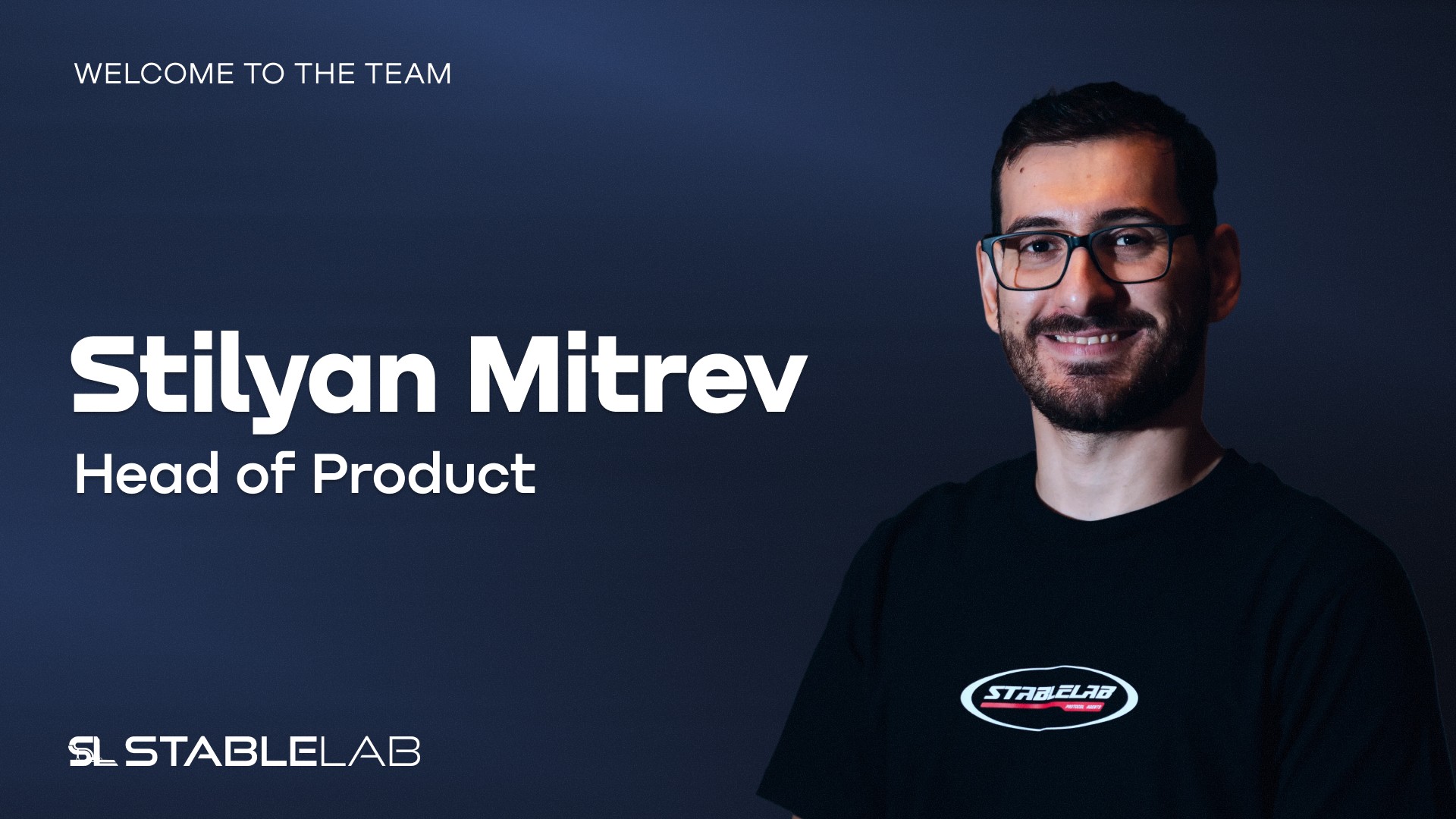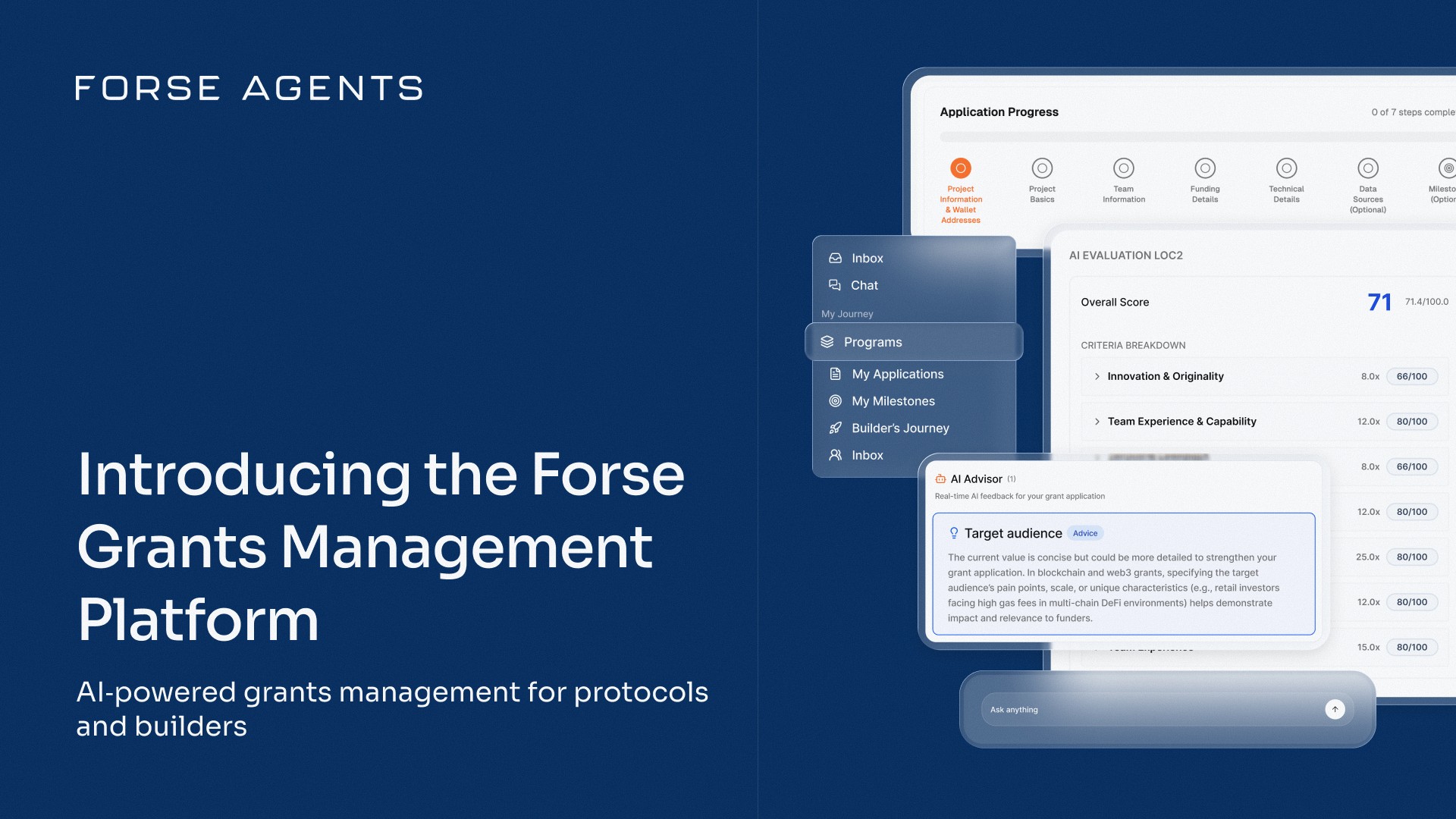My journey down the crypto rabbit hole began with the difficulties I faced getting paid as a freelancer on Upwork. I was in my third year studying Law at the University of Nigeria Enugu Campus. I struggled financially and was scrambling to find a way to earn extra money while attending school.
As I researched ways to earn extra income, I stumbled upon an Investopedia article explaining stablecoins. It was through this article that I learned about DAI, MakerDAO's stablecoin, a discovery that led to a series of events that changed the trajectory of my life. The more I researched and dove deeper, the more I realized the value Blockchain technology could create for individuals and organizations in developing economies who may not have access to unbiased payment systems and financial services. My conviction ultimately led me to pursue a career in the crypto ecosystem.
In web3, there are countless of career paths to choose from, and deciding which one to take was the most important part of my research. Ultimately, I decided to pursue a path that would benefit from my law background, a career in governance. DAO governance attracted me because it reminded me a lot about traditional law. Things like designing effective governance frameworks and rules which help DAOs govern themselves in a decentralized manner fascinated me. Once I understood what governance was and its importance, I rushed to get my hands dirty with this type of work.
Along my journey, I've had the pleasure of contributing to a number of Governance teams, including Rabbithole, IndexCoop, and Wildfire DAO. I joined the StableLab team in September 2022 as a Governance Analyst. Six months later, joining StableLab’s superstar governance team has been the best decision I have made.
In this piece, I describe my onboarding experience as a delegate, what I've learned it takes to become a professional delegate, and the steps we can take to improve existing delegate programs.
Choosing a DAO to Contribute to
In deciding which DAOs to contribute to as Professional Delegates and Governance Contributors, we take a holistic approach which includes looking at the current and potential net positive impact the DAO has created or will create across the ecosystem. Our goal is to scale DAOs sustainably through governance contributions allowing these organizations to maintain effective decentralization and generate value for all relevant stakeholders.
On behalf of StableLab, I personally contribute to several DeFi protocols as a Delegate and Governance Contributor, including:
• Aave DAO: With Aave DAO currently focused on Aave V3 and GHO, we decided to be delegates here to support the future of the Protocol and all of its products. Through this governance support, Aave DAO is able to ensure stakeholder groups are adequately represented, resulting in an Aave Ecosystem that creates and distributes value fairly.
• Hop DAO: The Hop DAO is focused on solidifying itself as the leading asset-bridging protocol in the ecosystem. We decided to be delegates at Hop DAO in order to support the protocol's goal of becoming the leader in cross-chain value exchange.
• 1inch DAO: The 1inch DAO is on a mission to become the leading DeFi Protocol by offering cutting-edge services to its users. We decided to be delegates at 1inch to support the future of 1inch as this one-stop shop for access to innovative DeFi products.
• Paladin DAO: At StableLab, we believe that voting markets present a unique opportunity to create utility for governance token holders by creating a liquid market where governance power can be lent and borrowed. From a purely economic incentive-based perspective, we see massive opportunities for growth in governance participation throughout the DeFi Ecosystem. For this reason, decided to support Paladin through quality governance participation.
The Delegate Onboarding Experience
The journey of a professional delegate begins by onboarding into the community they wish to participate in. However, because the governance space is still early, the design of these onboarding experiences is sub-optimal. A lot of the time the DAO Core Team is preoccupied with building an excellent product, and rightly so, the product is what creates the value which the DAO ends up governing.
In my experience, the value added by delegates in the day-to-day governance of the DAO is often overlooked and undervalued. This lack of prioritization for delegate contributions is what lays the foundation for poor delegate onboarding experiences in the ecosystem. An excellent example of an effective delegate onboarding program would be the Maker DAO Delegate System. While it was still in operation, the Maker DAO Delegate system had clear documentation of governance processes, delegate duties and obligations, compensation, penalties, etc.
Delegate Onboarding Best-Practices
The onboarding process for delegates varies from one DAO to another; however, some similarities occur across most DAOs.
Set up a delegate platform: This is the most critical aspect of onboarding as a delegate; setting up a delegate platform alerts the community that you intend to participate in the DAO as a delegate; this delegate platform would contain an introduction from the delegate, their area of expertise and their experience participating in other DAOs as a delegate, the post could also contain a section talking about how the delegate hopes to contribute to the protocol leveraging their area of expertise. Here is an example of a delegate platform.
Provide a designated delegate address: In most governance frameworks, voting is the primary means of reaching consensus; to participate in voting, delegates need to have governance power; this is where delegates provide a delegate address which they will use to receive governance power delegations, the delegate address is often contained in the delegate platform which is posted on the forum.
Attend Community Calls: In some communities attending the community is an integral part of being onboarded as a delegate; this serves as an introduction to the community and an opportunity to deliberate on important issues concerning the DAO. Joining an onboarding call after joining as a delegate helps to give a delegate significant context of the DAOs priorities at that particular point in time.
How to Improve Delegate Onboarding
Create Well-defined Duties and Responsibilities: Outline delegate duties and responsibilities so that they are aware of their priorities and the objectives they must meet. This provides a high-level understanding of what a delegate is expected to do to ensure delegates are held accountable for how they perform in relation to their assigned responsibilities. Where delegates underperform they may be penalized or removed, this way, there is a standard set and expected of delegates.
Establish Comprehensive and Up-to-date Governance Documentation: By maintaining comprehensive and up-to-date governance documentation, such as a Governance Process Document, a delegate will be able to quickly understand how governance works in the DAO, who the stakeholders are, and how to approach improving the DAO by leveraging governance. Whenever possible, break down all barriers so that delegates can understand your DAOs governance structure.
Introduce Delegate Compensation: Incentives are what attract top talent to work within your DAO. By attaching performance-based compensation to delegate participation, a DAO ensures delegates are incentivized to participate and produce value. Contributing to a DAO as a delegate is a full-time job. It requires a significant amount of reading, attending community calls, and stakeholder engagement to gain significant context, what its priorities are, the problems that exist within it, and how to approach solving those problems.
What It Takes to Become a Professional Delegate
To succeed as a professional delegate, follow these best practices to guide your conduct in the course of your duties:
Act in a professional manner, unbiased, trustworthy, and active.
Leverage information, research, and your professional expertise.
Prioritize collaboration between the governance team and the protocol.
Develop a strategy that is motivated by a robust moral code and set of principles.
Favor the application of lean DAO frameworks and best practices.
How Can Professional Delegates Help?
Designing and Documenting the DAO Governance Process: Through our governance contributions, we have been able to improve the DAOs we contribute to by documenting all aspects of their Governance Framework into a single document known as the Governance Process. This document serves as a single source of truth for anyone looking to contribute to the DAO and outlines all aspects of governance involved in reaching a consensus in the decision-making process. Examples of this governance process can be found at Aave and Paladin DAO.
Governance Improvement Proposals: We have worked on proposals that have sought to improve the existing governance process. For example, proposals such as the 1IP-12: Governance Process Improvements were meta governance proposals geared towards improving the 1inch Governance Process.
Assuming DAO Leadership Roles: In addition to governance-related contributions, we also take leadership positions to continue to provide value to the DAOs we participate in. For example, at Optimism we held a seat on the DeFi Grants Committee, at Compound we are part of the Grants Committee, and contribute as Multi-Sig signers at Maker DAO and Paladin DAO, among many other leadership roles we occupy across various DAOs.

Conclusion
As it exists today, professional delegate work within DAOs is complex and difficult, but ultimately rewarding. The day-to-day tasks require significant research, time, and attention to carry out effectively. Moreover, the way to even begin as a delegate can be confusing and overwhelming. At StableLab, we hope to continue to pioneer this role, by building better processes of accountability and promoting sustainable governance standards across the DAO landscape.
Get in touch,
If you would like to support us in our governance efforts,If you and your team need guidance on governance-related matters, orIf you are a founder who is building something interesting in web3
Share with your friends:








